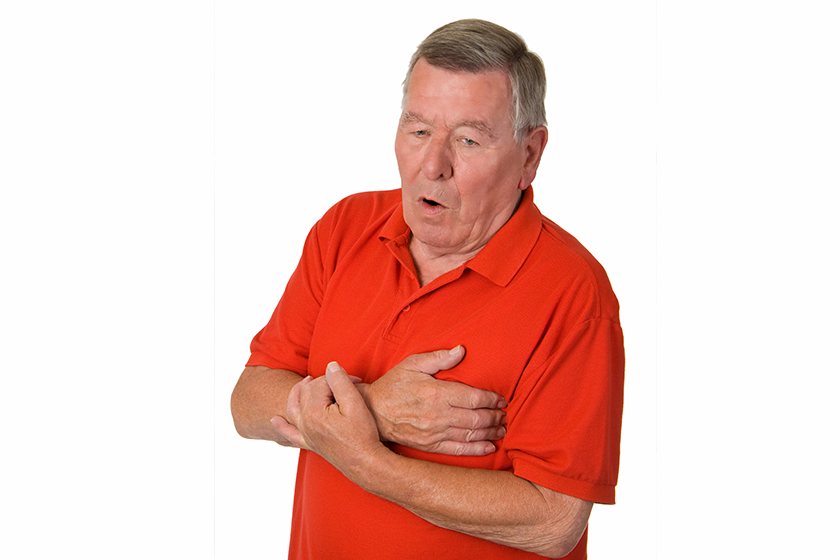As people grow older, maintaining respiratory health becomes increasingly important. Aging and respiratory health are interconnected, with age-related changes in lung function affecting how well you breathe. Understanding these changes can help you and your loved ones take proactive steps to support better breathing and overall well-being.
How Aging Affects the Respiratory System
The aging process brings several changes to the respiratory system. One of the most noticeable is the decline in lung elasticity. Over time, the lung tissue loses its flexibility, which can reduce the efficiency of breathing. You might notice that taking deep breaths becomes more challenging, and your overall lung capacity decreases.
Additionally, the muscles responsible for breathing, particularly the diaphragm, weaken as you age. This muscle weakness can make it harder to inhale deeply and fully expand your lungs. As a result, clearing mucus from the lungs becomes less effective, increasing the risk of respiratory infections.
Common Respiratory Conditions in Residents
With age, you may become more susceptible to respiratory conditions. Chronic obstructive pulmonary disease (COPD) is one such condition that often affects older adults. COPD, which includes chronic bronchitis and emphysema, can lead to a persistent cough, shortness of breath, and a decline in lung function.
Asthma can also develop or worsen in later years. Environmental factors, such as air quality, can exacerbate asthma symptoms, making it essential to monitor respiratory health carefully. Pneumonia is another common concern among residents, as the immune system weakens with age, making it harder to fight off infections. Sleep apnea, a condition that affects breathing during sleep, is also more frequent in older adults, which can lead to further complications if left unmanaged.
How to Protect and Improve Respiratory Health
While the aging process impacts respiratory health, there are steps you can take to maintain better lung function. Avoiding smoking is perhaps the most critical factor in protecting your lungs. Smoke exposure accelerates lung aging and increases the likelihood of developing respiratory diseases.
Physical activity plays an important role in keeping your lungs strong. Regular exercise helps maintain the strength of the muscles used for breathing and promotes better overall lung function. Even light activities like walking can have a positive impact on your breathing.
Additionally, ensuring you stay up to date with vaccinations, such as the flu and pneumococcal vaccines, can help reduce the risk of serious respiratory infections. A healthy lifestyle, including a balanced diet, hydration, and avoiding exposure to environmental pollutants, also contributes to better respiratory health as you age.
The Importance of a Strong Support Network
Living in an environment that offers support and access to services can significantly impact your respiratory health. Engaging in activities, exploring area attractions, and participating in community events can help you stay active and socially connected. These interactions, paired with access to senior living amenities and services designed for older adults, ensure your needs are met while maintaining a high quality of life.
If you or your loved ones are considering senior living options, our community offers an inviting environment with exclusive programs designed to enhance your well-being. We are here to provide the support you need to lead a healthy and fulfilling life.







